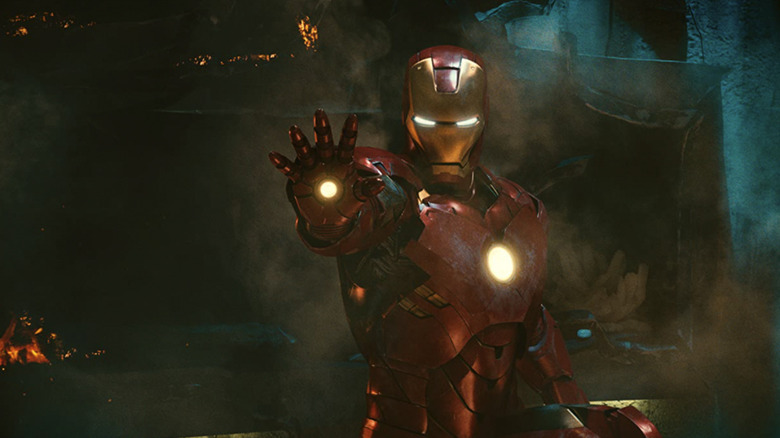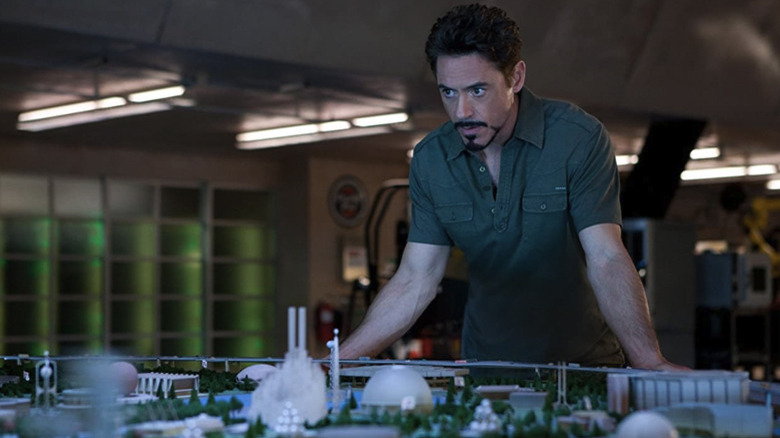How Iron Man 2 Taught Marvel Studios A Valuable Lesson
Last month, we published a review of "The Story of Marvel Studios: The Making of the Marvel Cinematic Universe," a sprawling, gorgeously presented book by veteran authors Tara Bennett and Paul Terry which chronicles how the company developed and executed its now-legendary streak of successful comic book movies. We've already written about several of the book's most interesting revelations, but there's one more excerpt that we wanted to highlight which helps explain why Marvel Studios became the juggernaut it did, and it involves Kevin Feige and his executives doing something Hollywood players rarely do: learning the proper lesson after something doesn't go as intended.
Learning the Right Lesson
Since Marvel Studios is one of the most dominant forces in entertainment right now, it can sometimes be tough to remember that its success was far from inevitable. Comic book movies caught the crest of a big wave in the early 2000s with Bryan Singer's "X-Men" movies and Sam Raimi's "Spider-Man" films, but the mid-2000s were also littered with things like "Fantastic Four," "Daredevil," "Elektra," and "Catwoman." In 2008, Marvel released two movies: Jon Favreau's "Iron Man" and Louis Leterrier's "The Incredible Hulk." After "Iron Man" became a surprise smash hit, reclusive Marvel bigwig Ike Perlmutter and his team at Marvel Entertainment rushed a sequel into production, resulting in 2010's "Iron Man 2," a messy piece of work that felt more beholden to making connections and setting up other stories than it did to crafting its own satisfying narrative.
Here's how Bennett and Terry describe what happened in their book (via CBR):
"[Iron Man 2's] critical response did give the studio pause. Especially as the desire to fast-track Iron Man 2 had come from Marvel Entertainment in New York. The lesson Marvel Studios took from their first sequel experience was simple but vital: Above everything else, always make sure there is a good creative reason to make a sequel."
One could argue it took Marvel a few more years to truly internalize this lesson (*cough* Thor: The Dark World *cough*), but in my eyes, every Marvel sequel after that was built upon that core concept.
Back in 2008, Perlmutter was able to exert significant amounts of control over what types of movies Marvel made. You've probably read about how he and the so-called "creative committee" frequently clashed with Marvel producer Kevin Feige – a conflict that reached its boiling point during the making of "Captain America: Civil War" and resulted in Feige and his Los Angeles-based executives finally being granted the ability to tell stories without Perlmutter's oversight. In 2019, Feige was promoted to Marvel's chief operating officer and his duties expanded to overseeing film, TV, and publishing, so any big decisions that happen from here on out can be laid squarely at his feet. As long as he keeps that key lesson in mind – and it certainly sounds like he will, even with a raft of upcoming Disney+ shows and tons more movies in various stages of development – expect Marvel's dominance to continue in the years ahead.

